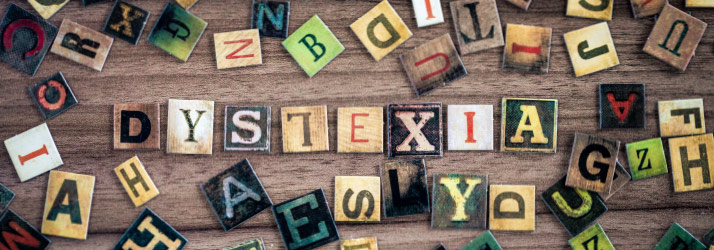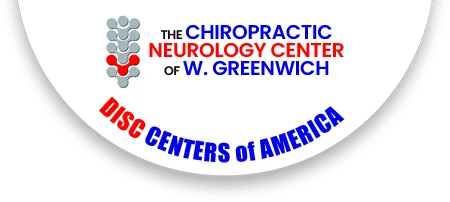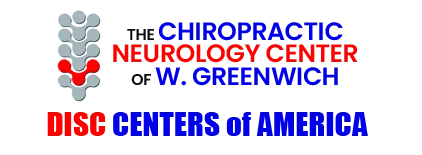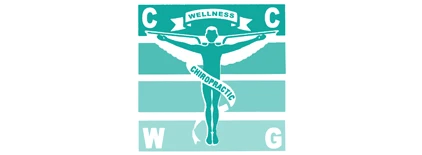Dyslexia in West Greenwich

What is Dyslexia?
Dyslexia is a learning disorder that affects your ability to read, spell, write and speak. Kids who have it are often very smart and hardworking, but they have trouble connecting the letters they see to the sounds those letters make. Dyslexia in West Greenwich is sometimes a genetic condition and it is a neurological condition.
Who is affected by Dyslexia in West Greenwich?
About 5%-10% of Americans have some symptoms of Dyslexia, such as slow reading, trouble spelling, or mixing up words. Adults can have this neurological disorder as well. Some people are diagnosed early in life while others don’t realize it until they get older. Kids with dyslexia often have normal vision and are just as smart as their peers. But they struggle more in school because it takes them longer to read. Trouble processing words can also make it hard to spell, write, and speak clearly.
For kids who have dyslexia, the brain has a hard time connecting letters to the sounds they make and then blending those sounds into words. So to someone with dyslexia, the word "cat" might read as "tac." Because of these mix-ups, reading can be a slow and difficult process.
Dyslexia is different for everyone. Some people have a mild form that they eventually learn how to manage. Others have a little more trouble overcoming it. Even if children aren't able to fully outgrow dyslexia, they can still go to college and succeed in life.
Dyslexia is proven to be caused by an irregular brain pattern. This pattern can be improved by using neuroscience and our cutting-edge technology.
Symptoms of Dyslexia
Before school
Signs that a young child may be at risk of dyslexia include:
- Late talking
- Learning new words slowly
- Problems forming words correctly, such as reversing sounds in words or confusing words that sound alike
- Problems remembering or naming letters, numbers, and colors
- Difficulty learning nursery rhymes or playing rhyming games
School-age
Once your child is in school, dyslexia signs and symptoms may become more apparent, including:
- Reading well below the expected level for age
- Problems processing and understanding what he or she hears
- Difficulty finding the right word or forming answers to questions
- Problems remembering the sequence of things
- Difficulty seeing (and occasionally hearing) similarities and differences in letters and words
- Inability to sound out the pronunciation of an unfamiliar word
- Difficulty spelling
- Spending an unusually long time completing tasks that involve reading or writing
- Avoiding activities that involve reading
Teens and adults
Dyslexia signs in teens and adults are similar to those in children. Some common dyslexia signs and symptoms in teens and adults include:
- Difficulty reading, including reading aloud
- Slow and labor-intensive reading and writing
- Problems spelling
- Avoiding activities that involve reading
- Mispronouncing names or words, or problems retrieving words
- Trouble understanding jokes or expressions that have a meaning not easily understood from the specific words (idioms), such as "piece of cake" meaning "easy"
- Spending an unusually long time completing tasks that involve reading or writing
- Difficulty summarizing a story
- Trouble learning a foreign language
- Difficulty memorizing
- Difficulty doing math problems
Complications
Dyslexia can lead to a number of problems, including:
- Trouble learning. Because reading is a skill basic to most other school subjects, a child with dyslexia is at a disadvantage in most classes and may have trouble keeping up with peers.
- Social problems. Left untreated, dyslexia may lead to low self-esteem, behavior problems, anxiety, aggression, and withdrawal from friends, parents, and teachers.
- Problems as adults. The inability to read and comprehend can prevent a child from reaching his or her potential as the child grows up. This can have long-term educational, social, and economic consequences.
Children who have dyslexia are at increased risk of having attention-deficit/hyperactivity disorder (ADHD), and vice versa. ADHD can cause difficulty sustaining attention as well as hyperactivity and impulsive behavior, which can make dyslexia harder to treat with your standard treatments or even medications.
How to Overcome Dyslexia?
Neurofeedback Therapy is a clinically proven, drug-free, painless, non-invasive treatment that can improve the brain pattern toward the more optimal one proven to be symptom-free. It will improve the dysregulated brain wave pattern to an optimal brain wave pattern. When the brain changes patterns to more optimal the symptoms of dyslexia reduce or even subside. Neurofeedback is an effective treatment rate #1 Best Support by both the American Academy of Pediatrics and the American Psychological Association. Neurofeedback not only works well for dyslexia but it also helps many children and adults with other brain-based conditions such as autism, anxiety, PTSD, ADHD, OCD, and many more!
If you or a loved one is experiencing any of these brain-based neurological conditions this is where Chiropractic Neurology Center can help! By performing a Qeeg brain map with our cutting-edge technology we can observe your brain wave pattern and come up with your treatment plan for a better way of life! Call 401-397-9948 to speak with us to set up an appointment immediately.
Neurofeedback
OFFICE HOURS
Monday
8:30am - 12:00pm
2:00pm - 6:00pm
Tuesday
2:00pm - 6:00pm
Wednesday
8:30am - 12:00pm
2:00pm - 6:00pm
Thursday
2:00pm - 6:00pm
Friday
8:30am - 12:00pm
2:00pm - 6:00pm
Saturday
Closed
16 Nooseneck Hill Road Suite A
West Greenwich, RI 02817
Phone: (401) 397-9948
Fax: (401) 397-6218


